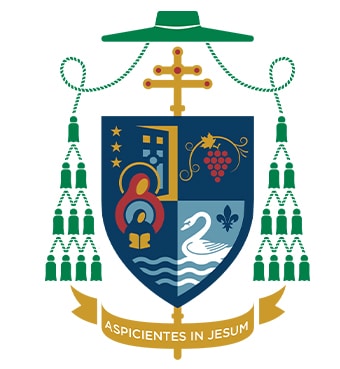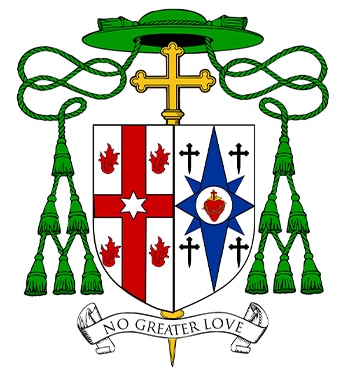“Spokesmen and Prophets of the Human Family:” St. John Henry Newman’s Defense

It is apparent our times are in need of St. John Henry Newman’s emphasis on persons, the personal nature of reality, life, and history. Anxieties abound over ‘systemic,’ ‘cultural,’ ‘economic’, and ‘historical’ forces, as if mankind were driven by impersonal semi-spirits rather than particular human choices. Thus, blanket accusations of various kinds are often levied without measured accounts of personal motive, intention, or meaning.
For example, many today are questioning the value of classic works of literature, and the classical heritage they represent, even accusing Western Civilization itself of racism. Of what value is ancient antiquity, so far in the past, and riddled with mistakes and corruption? Rather than quickly dismiss or villainize the past, Newman asks us to approach the persons of the past with humility, gratitude, and docility. The heritage of classical antiquity, and of classic works of literature in particular, is a heritage of persons devoted to excellence of various kinds. When we study a classic work, we are at the feet of a master, whose excellent thoughts gave forth an excellent voice that has resounded across space and time, universal in its scope, depth, and influence. As in all places and times, our pursuit of excellence is marred by error and sin; but as God’s beloved creatures, and most especially by Christ’s grace, we are still able not only to overcome our sins by repentance, forgiveness, and reconciliation, but can also produce work of profundity, universality, and beauty.
Newman’s interest in classic literature spans his entire life, from his young years as an Oxford student, to his life as a Catholic priest and founder of the Catholic University in 1854, to the founding of the Oratory School, and to the very end of his life His lecture “On Literature,” delivered to his Catholic University and collected at the end of Idea of a University, provides a compelling case for keeping the classics: classic works of literature are means by which we come in contact with the thoughts of past masters.
As a younger man, Newman wrote a brilliant essay on poetry titled “Poetry with Reference to Aristotle’s Poetics,” published in 1829 in the flagship edition of The London Review written by Blanco White. Newman offers his own unique argument about what makes for excellent literature. Whereas Aristotle focused on “scientific correctness of the plot” to portray an ideal, Newman thinks there is something else that makes literature truly excellent. He notes that, ironically, most of Greek poetry did not strictly follow Aristotle’s ideal of a meticulously structured plot, but that the power of Sophocles and Aeschylus arises from the pathos and mode of their diction, the emotive force of characters’ speech. In sum, Newman thinks that truly great literature that is read and re-read for generations, for centuries, arises from the character and genius of the author. He calls this the “originality of right moral feeling.” While fashioning a compelling plot and structure is the “material” of great poetry, he distinguishes its source as “a right moral state of heart,” which is the “formal and scientific condition of a poetical mind.” This does not mean that great poets are perfect. There are, indeed, celebrated poets who lived incredibly immoral lives. But it means that their poetic genius arises from having come close to, for however brief a moment, “right moral feeling” through perception of truth or beauty, however shadowy.







